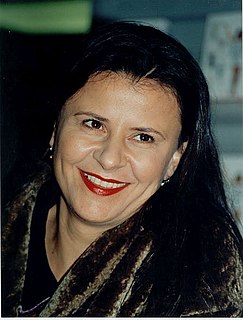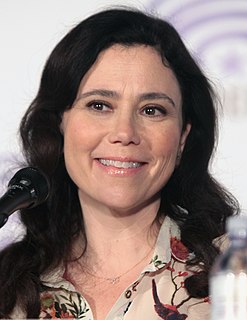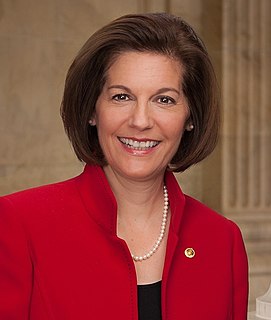A Quote by Martin Lewis Perl
My parents were determined to move into the middle class.
Quote Topics
Related Quotes
My parents both worked; I was a 'latchkey kid.' We were lower-middle class, and they did everything that they could to give me anything I wanted, within reason. We were not rich by any stretch of the imagination, but being an adopted kid, I think we had a different connotation. My parents tried extra hard, I think.
The government decides to try to increase the middle class by subsidizing things that middle class people have: If middle-class people go to college and own homes, then surely if more people go to college and own homes, we’ll have more middle-class people. But homeownership and college aren’t causes of middle-class status, they’re markers for possessing the kinds of traits — self-discipline, the ability to defer gratification, etc. — that let you enter, and stay, in the middle class. Subsidizing the markers doesn’t produce the traits; if anything, it undermines them.
If you were a successful upper-middle-class Negro girl in the 1950s and '60s, you were, in practice and imagination, a white Protestant upper middle-class girl. Young, good-looking white women were the most desirable creatures in the world. It was hard not to want to imitate them; it was highly toxic, too, as we would learn.




































